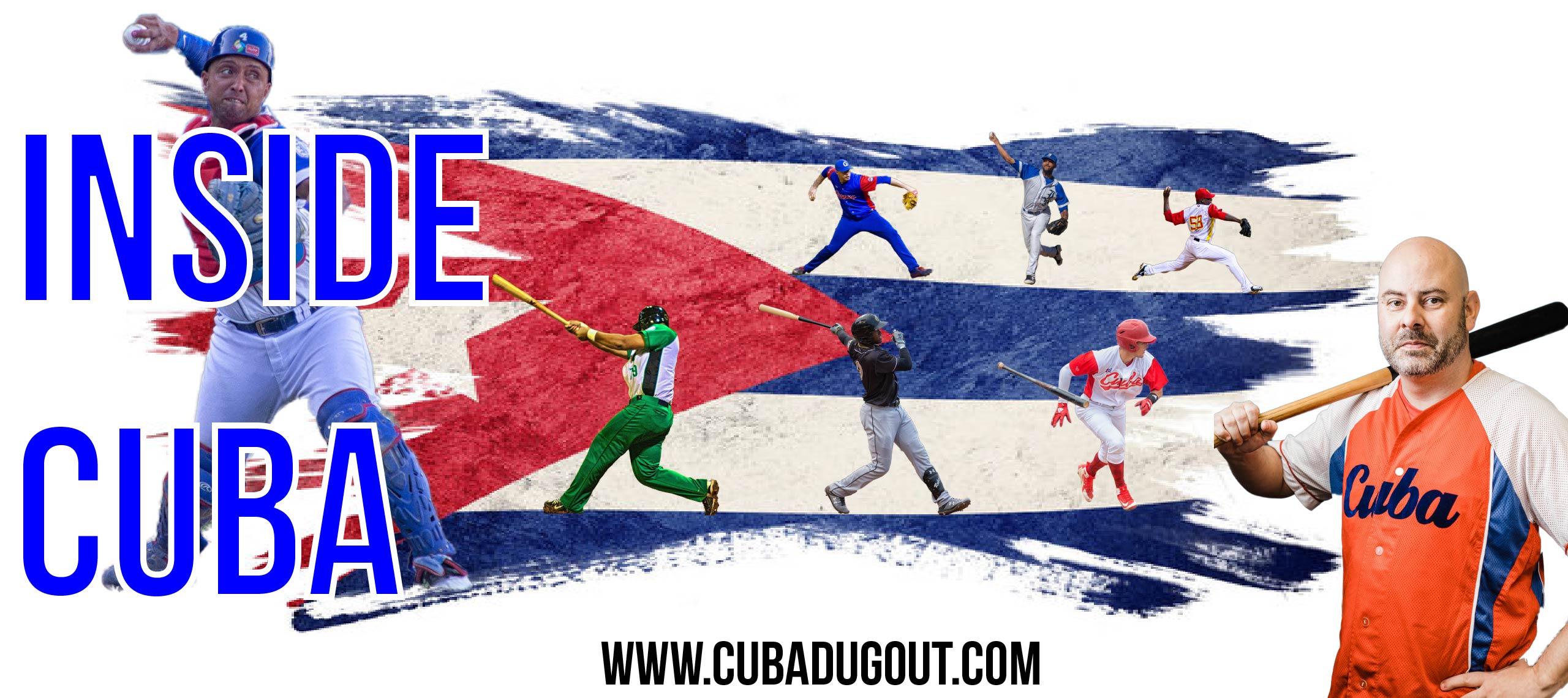When Jackie Robinson was named the starting first baseman for the Brooklyn Dodgers on April 15, 1947 he became the first black player in the Major Leagues. Brooklyn executive Branch Rickey set out to circumvent the unwritten edict preventing African-American participation in the Majors. Rickey knew it would take a special player and some keen politicking. Part of Rickey’s plan involved conducting the final stage of the audition and The Dodgers Spring Training heading into that transformational season in Cuba. This is the Story of Jackie Robinson in Cuba.
Dodgers president Branch Rickey had chosen Havana instead of Daytona Beach and the fields of Jim Crow Florida as the audition stage for Robinson to break baseball’s color barrier.
Cuba’s more tolerant racial climate and the Dodgers’ familiarity with the Cuban Capital – Brooklyn had held spring training there in 1941 and 1942 – made it an ideal choice.
And yet, Robinson and his black teammates found themselves separated, not just from the Dodgers but from the rest of the Royals as Rickey opted for different accommodations to avoid any possible incidents in the Royal’s camp.
Cesar Brioso USA Today Feb 4, 2022
Cuba officially ended segregation in 1900 and integrated their baseball soon after. This didn’t result in the flood gates opening right away. By the mid teens black players were contributing greatly to the Cuban Pro League though. The Cuban Pro League had it’s roots in aristocratic social clubs. These clubs didn’t have official rules preventing dark skinned members but socio economic cliques typically prevented it. As the Pro League grew and teams focused more on winning the addition of talented black Cubans was an obvious path to success.
Cuban baseball executive Abel Linares was the most influential person in Cuban baseball in the 1920’s. He owned Club Almendares and Almendares park as well as Habana Baseball Club. He effectively owned the whole league. On top of this he had lead Cuban barn storming squads such as Cuban Stars West. They competed in the American Negro Leagues. These efforts paved the way for Linares to bring top Negro League Stars to Cuba. Linares was always in search of stable franchise arrangements in Cuba to compete against Almandares and Habana. One such arrangement resulted in the dominant Santa Clara Leopardos squad of 1923-1924 which was led by Negro League sluggers.

Jackie was chosen as much for his temperament and grace as his immense talent. The path to acceptance by the broader public would not be easy. Racist attitudes were quelling but would not die over night, if ever. Rickey had considered many players in search of the correct personality. He briefly flirted with the idea of Cuban Silvio García being that player.
Silvio García was a shortstop and pitcher who played in Mexico, Venezuela, the Dominican Republic, Puerto Rico, Canada and his native Cuba, as well as the American Negro League and organized minor leagues, from 1931 to 1954. Known for his powerful right-handed line-drive swing and rifle arm, he won two batting championships in the Cuban League and ranked first in RBIs for the Mexican Red Devils in 1942. He is considered the by many to be the finest shortstop in the history of Cuban baseball. Branch Rickey, before signing Jackie Robinson for the Brooklyn Dodgers, made two attempts to sign García to break the color line in Organized Baseball, and Horace Stoneham, owner of the New York Giants, may have had similar intentions.
Joseph Gerard SABR.ORG
